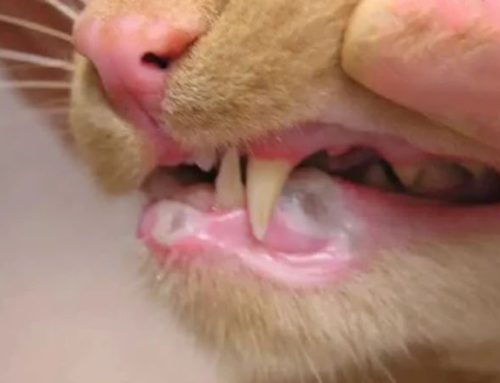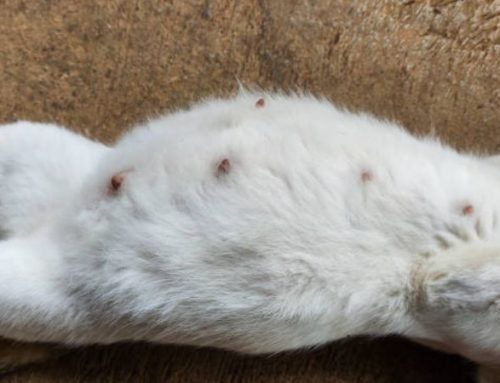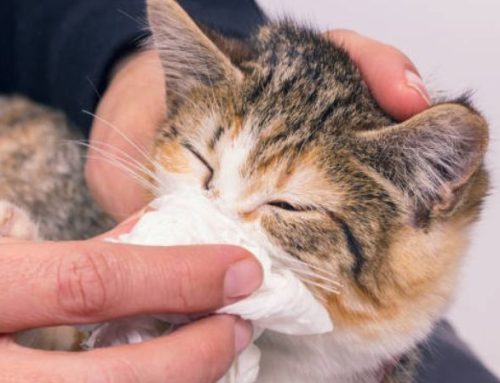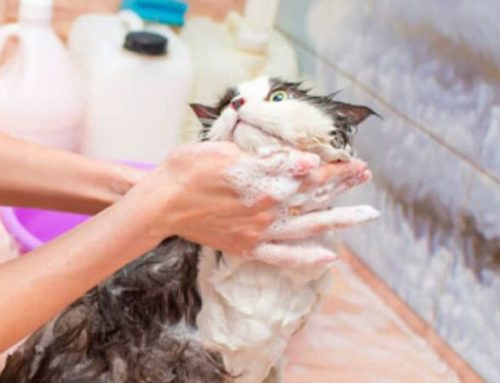Cats are known for their curiosity, but their powerful noses often make them just as selective. With a sense of smell far stronger than ours, everyday scents that seem mild to humans can feel overwhelming to them.
Understanding which smells cats dislike not only helps you create a more comfortable home for your feline, but can also be a safe and useful way to keep them away from areas where they shouldn’t be.
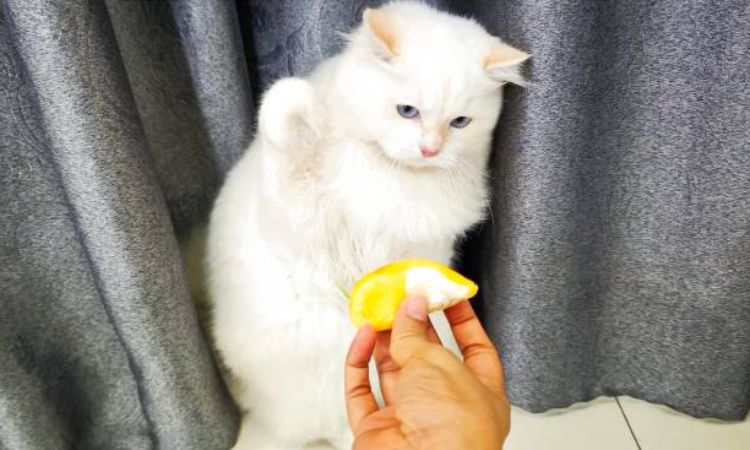
How Cats’ Sense of Smell Works
Cats live in a world shaped more by scent than by sight. Their noses contain as many as 200 million odor-sensitive receptors, compared to just 5 million in humans. This incredible sensitivity is supported by an enlarged olfactory bulb in the brain, which processes scent signals with remarkable accuracy. In addition, cats have a special “second nose,” the vomeronasal organ (or Jacobson’s organ), located on the roof of the mouth. This organ detects pheromones—chemical signals that carry information about territory, reproduction, and social interactions—giving cats a sensory advantage that goes beyond ordinary smells.
When compared to people, the difference is striking. A cat’s sense of smell is estimated to be about 14 times stronger than ours. Where we might notice a faint aroma in a room, a cat can break it down into layers, identifying the source, freshness, and even emotional state attached to it. This is why cats often rely more heavily on scent than on sight to recognize familiar people, animals, and places.
Smell directly influences how cats behave and interact with their environment. Comforting odors, such as their favorite blanket or their human’s natural scent, can soothe them. On the other hand, strong or unpleasant smells—like citrus, vinegar, or harsh cleaning chemicals—may trigger avoidance, stress, or even physical irritation. Scent-marking is also central to their social lives: when a cat rubs its cheeks on furniture or on you, it’s leaving pheromone markers to claim territory or strengthen bonds. In essence, a cat’s extraordinary sense of smell acts as both a guide and a safeguard, shaping how they explore, communicate, and stay safe in the world around them.
Top 19 Smells Cats Absolutely Hate
1. Citrus (Orange, Lemon, Lime, Grapefruit)

Citrus scents are perhaps the most universally disliked odors among cats. Whether it’s the tangy zest of an orange, the sharp acidity of a lemon, the bright fragrance of lime, or the slightly bitter aroma of grapefruit, most felines instinctively shy away from these smells. Their aversion is so strong that gardeners often use orange or lemon peels around flower beds to discourage cats from digging or trampling soil. The scent is powerful enough to act as a natural deterrent indoors as well, keeping cats away from furniture, countertops, or other areas you want to protect. While citrus is non-toxic in small amounts, ingesting peels or pulp can sometimes cause mild gastrointestinal upset, which further reinforces their instinctive avoidance.
2. Vinegar

The pungent, acidic aroma of vinegar is another smell cats tend to avoid. Its sharpness can be overwhelming for their sensitive noses, and the scent often triggers an instinctual response to retreat. Many pet owners use diluted vinegar solutions as a natural way to deter cats from certain surfaces, such as kitchen counters, plants, or furniture. Beyond its effectiveness as a repellent, vinegar is non-toxic to cats when used externally, making it a safe and practical choice for creating boundaries within your home or outdoor spaces.
3. Lavender
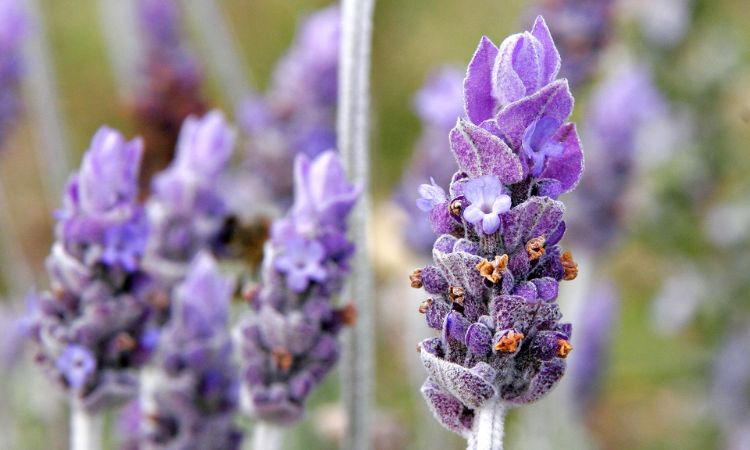
Although humans enjoy the calming, floral fragrance of lavender, cats find it highly unpleasant. The plant’s essential oils produce a strong scent that can be irritating to their sensitive olfactory systems. Beyond its aroma, lavender is mildly toxic if ingested, which reinforces their natural avoidance. For pet owners, placing lavender plants in gardens, windowsills, or containers can serve as a dual-purpose solution: keeping cats away from delicate flower beds while adding a visually appealing, fragrant touch to your home.
4. Eucalyptus

Eucalyptus is another scent cats instinctively dislike, likely due to its sharp, medicinal aroma. The essential oils contained in eucalyptus leaves can irritate their noses and respiratory systems, prompting them to steer clear. Gardeners and indoor pet owners alike can use this knowledge to discourage feline exploration in certain areas. While the plant is aesthetically pleasing and has many benefits for humans, such as purifying air or repelling insects, it’s important to note that eucalyptus is toxic if ingested by cats. Their aversion to the scent often prevents accidental ingestion, making it an effective natural barrier when strategically placed.
5. Peppermint
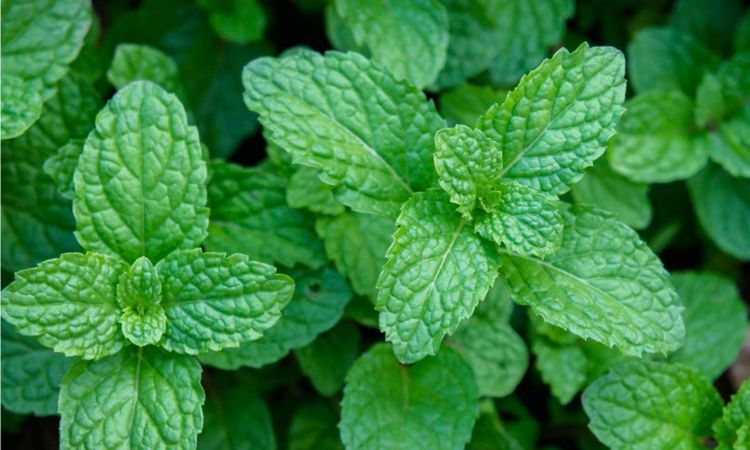
Peppermint and other strong mint-related aromas, including wintergreen and menthol, are generally disliked by cats. The sharp, cooling sensation of these scents is too intense for their delicate noses and can even trigger mild irritation or digestive upset if ingested. Peppermint oil, although commonly used in household products, should be kept out of reach of cats due to its potential toxicity. Placing peppermint plants or using the aroma sparingly in areas where cats are not welcome can provide an effective, natural deterrent, keeping curious felines from exploring restricted spaces.
6. Coffee

The rich, bitter aroma of coffee is far from appealing to cats. While humans often find the scent invigorating and comforting, felines are generally repelled by its intensity. Both coffee beans and coffee grounds can have a stimulating effect on a cat’s nervous system due to caffeine, potentially causing restlessness, hyperactivity, or even mild nausea if ingested. This combination of strong odor and physiological impact makes coffee an effective natural deterrent for cats in gardens, kitchens, or indoor areas where you prefer they not linger. Some gardeners even sprinkle used coffee grounds around flower beds or in soil to discourage digging and exploration.
7. Garlic

Garlic is another smell that cats are particularly sensitive to. Its pungent, sharp aroma can overwhelm their highly developed olfactory senses, prompting them to retreat. In addition to the smell, garlic contains compounds that can be toxic to cats if ingested, such as thiosulfates, which can damage red blood cells. Even the faint scent of garlic from cooking, powders, or garden plants is often sufficient to make cats avoid the area. This natural aversion can be strategically used to keep cats away from food preparation spaces, compost areas, or garden beds.
8. Onion

Like garlic, onions emit a strong, sulfurous odor that is unpleasant to felines. Their sensitive noses detect the sharp, penetrating aroma almost immediately, and most cats instinctively distance themselves. Beyond the scent itself, onions are toxic to cats, potentially causing gastrointestinal upset and more serious health issues if ingested. Because of both the smell and the risk of harm, cats tend to avoid areas where onions are stored, cooked, or growing, making this another practical scent-based deterrent for both indoor and outdoor environments.
9. Pine

The fresh, resinous scent of pine, often associated with natural cat litter or pine mulch, is disliked by many cats. While humans find the aroma clean and invigorating, felines may perceive it as overwhelming or irritating to their olfactory system. Some cats avoid pine-scented litter altogether, preferring unscented alternatives that don’t have the strong woody odor. Gardeners may also notice that cats tend to steer clear of areas covered in pine mulch, making this a gentle, non-toxic way to protect flower beds and vegetable patches from feline exploration.
10. Rose

Although roses are celebrated for their beauty and fragrance among humans, their aroma is surprisingly unappealing to most cats. The scent compounds in roses, while subtle to us, can be overpowering for a cat’s sensitive nose. Additionally, the presence of thorns and the texture of rose bushes create an environment that cats find physically uncomfortable, further discouraging them from approaching. By planting roses strategically around the garden perimeter, homeowners can enjoy the visual and aromatic appeal of these flowers while naturally deterring curious felines from entering delicate areas.
11. Mothballs

Mothballs, commonly used to protect clothing and stored items from insects, emit a pungent and potent chemical odor that cats find intolerable. The strong aroma of naphthalene or paradichlorobenzene, the main compounds in mothballs, is immediately off-putting to a cat’s sensitive nose. This scent is so offensive to most felines that they will actively avoid any space where mothballs are present. While mothballs can be effective as a cat deterrent, it’s important to exercise caution, as the chemicals can be toxic to pets if ingested, so placement should always prioritize safety.
12. Mustard
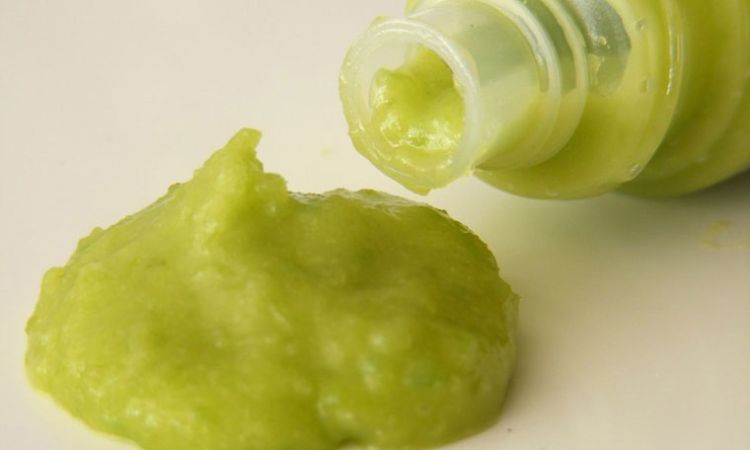
The sharp, tangy scent of mustard is another odor that tends to repel cats. Both the seeds and prepared mustard releases a strong aroma that overwhelms their keen sense of smell. Cats are naturally repelled by pungent kitchen aromas, and mustard, with its sulfurous and spicy undertones, falls squarely into this category. Sprinkling mustard seeds or placing mustard-scented deterrents around specific areas can discourage curious felines from approaching, whether indoors or in the garden.
13. Chili Pepper

Strong spicy aromas, such as chili pepper, cayenne, or paprika, are particularly irritating to a cat’s olfactory receptors. Even the slightest trace of capsaicin, the active component in peppers, can cause discomfort if a cat inhales or comes into contact with it. It is crucial, however, to avoid using chili powders directly on cats or in areas where they might ingest it, as this could cause significant irritation or harm. Instead, the scent alone, when used safely in surrounding soil or enclosed areas, can act as a natural repellent to prevent feline intrusion.
14. Clove
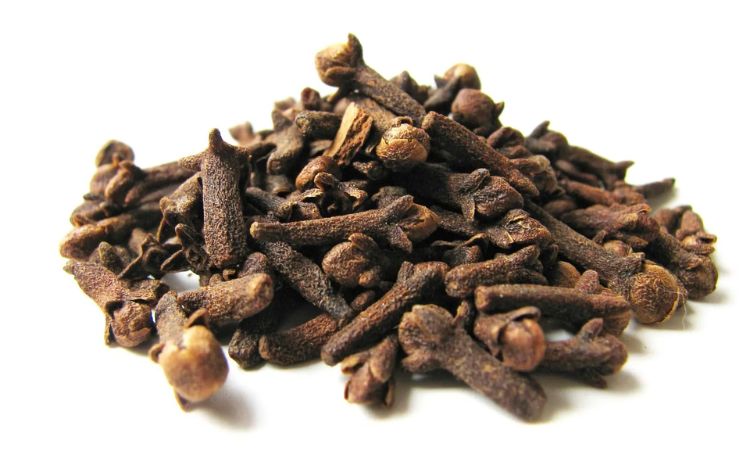
Clove is an aromatic spice that produces a strong, warm scent which cats typically dislike. Its intense fragrance can overwhelm their highly sensitive noses, prompting them to keep their distance. Beyond the scent itself, clove contains eugenol, a compound that can irritate mucous membranes in cats if they inhale it directly in large amounts. For this reason, even a small quantity of clove placed in problem areas can effectively deter cats without posing significant health risks, provided it is used with moderation.
15. Rosemary
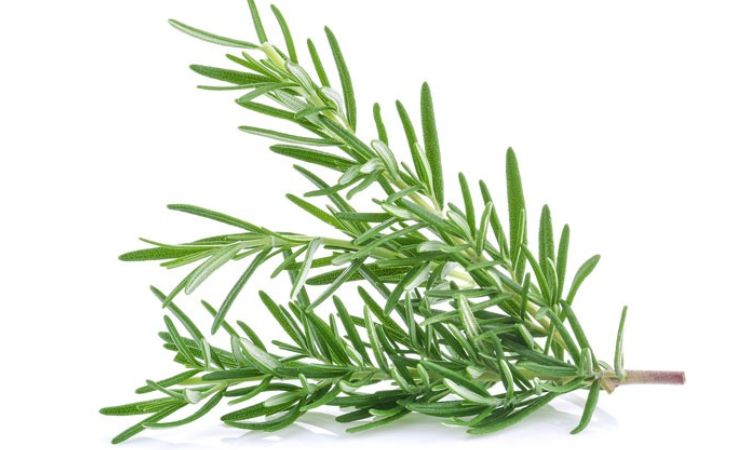
Rosemary is a fragrant evergreen herb beloved by humans for culinary and ornamental purposes, yet its strong aroma is often unwelcome to cats. The plant emits volatile oils that stimulate a cat’s sense of smell in a way that is generally unpleasant, leading them to avoid the area. In addition to its scent, the slightly prickly texture of rosemary leaves can make walking over it uncomfortable, further discouraging feline exploration. Planting rosemary strategically around garden borders, containers, or indoors can provide a natural and attractive means of keeping cats at bay.
16. Cinnamon

Cinnamon is a warm, aromatic spice that many humans enjoy in cooking and baking, but most cats find its scent overwhelming and irritating. The essential oils within cinnamon release a strong odor that can easily overstimulate a cat’s sensitive olfactory system. Even the faintest whiff may prompt avoidance, as the aroma is intense and pungent for their delicate noses. Using cinnamon sparingly around areas where you want to discourage feline exploration can be effective, though it’s best to avoid direct contact with cats to prevent any irritation to their skin or mucous membranes.
17. Pineapple

Though pineapple is sweet and tangy to human senses, its tropical fragrance tends to be unappealing to cats. The high acidity and strong fruity scent can be perceived as harsh or intrusive by their highly sensitive noses. While cats may be attracted to some fruit textures, pineapple’s sharp aroma is generally unpleasant, causing them to retreat or avoid the area entirely. This natural repellent quality makes pineapple, or even its peels, a safe and mild deterrent in certain indoor or outdoor settings.
18. Alcohol

The smell of alcohol, whether from beverages, cleaning products, or perfumes, is particularly repulsive to cats. Its volatile nature produces fumes that irritate their respiratory system and trigger a natural aversion response. Cats are instinctively cautious of strong chemical scents that could be harmful if ingested, and alcohol falls squarely into this category. Exposure to alcoholic liquids or concentrated vapors should always be avoided for safety reasons, but the scent alone often keeps felines at a distance, making it a reliable deterrent when used carefully.
19. Ammonia
Ammonia, commonly found in household cleaning products, emits a sharp, pungent odor that cats instinctively dislike. Their strong olfactory system interprets this chemical smell as a warning signal, similar to the scent of urine from other animals, which can make them feel threatened or territorial. For this reason, even a small trace of ammonia in areas where cats are not welcome can act as a highly effective deterrent. However, caution is essential, as concentrated ammonia can be harmful if inhaled or ingested, so safe and diluted applications are necessary.
Understanding the scents that cats find unpleasant can help you create a more comfortable environment for your furry friends and prevent unwanted behaviors around your home or garden. By being mindful of these 19 smells, you can ensure your cat feels safe and secure while also protecting your space from unwanted exploration. Every cat is unique, so observing their reactions and adjusting accordingly is key to keeping both your home and your pet happy.


